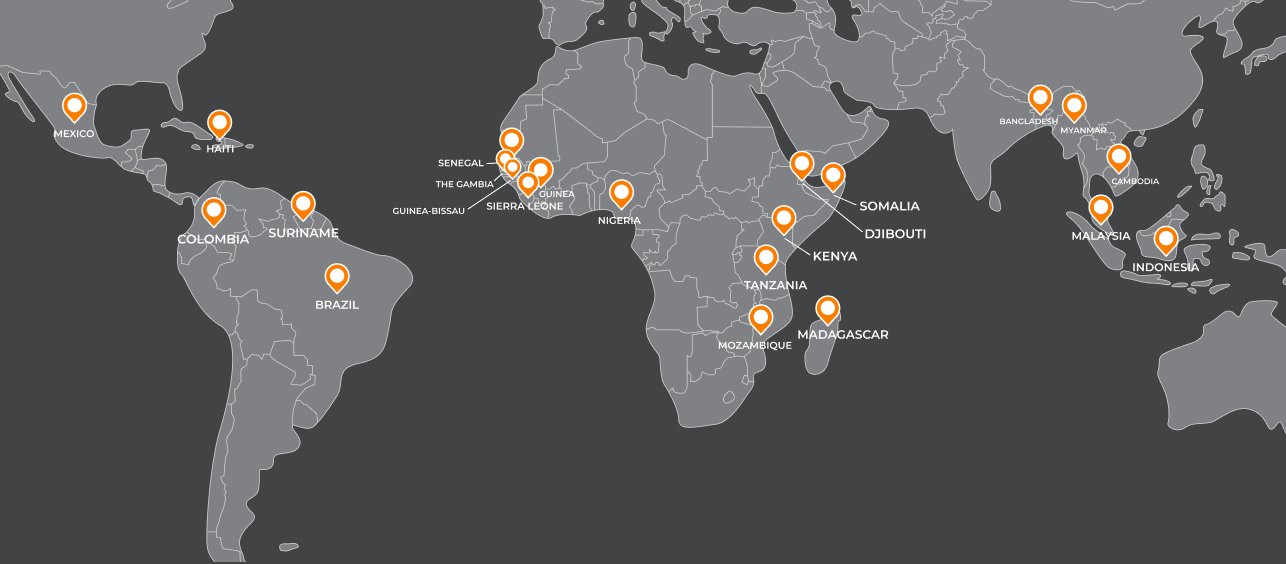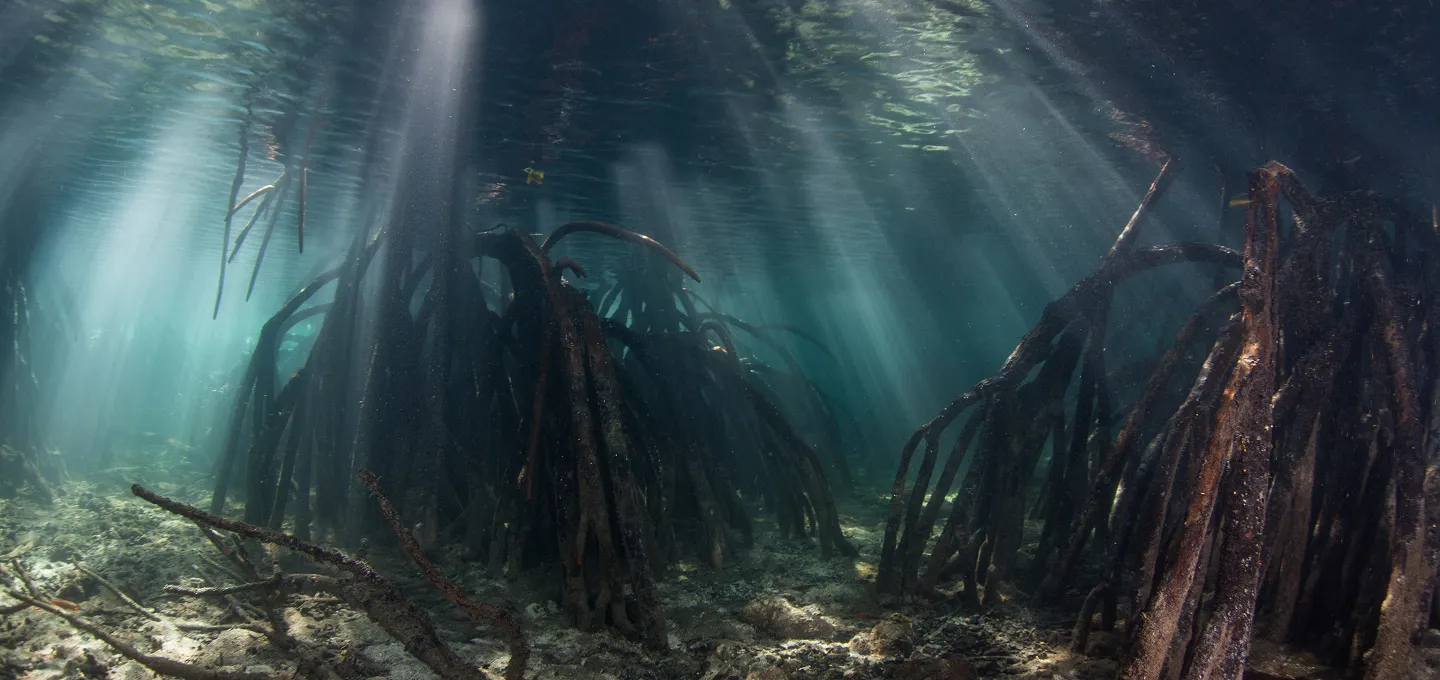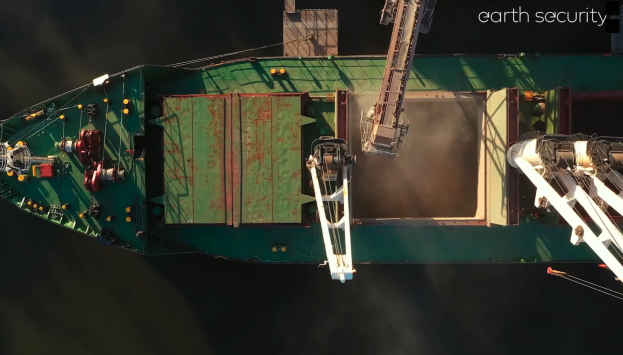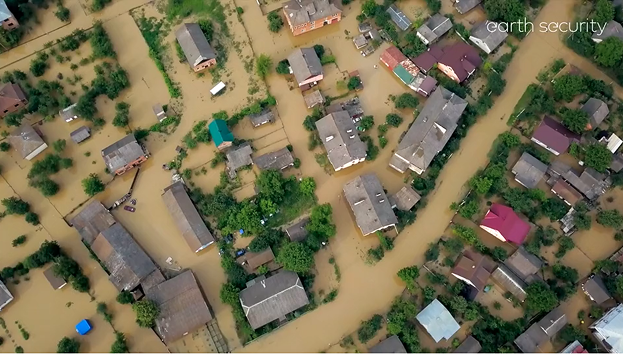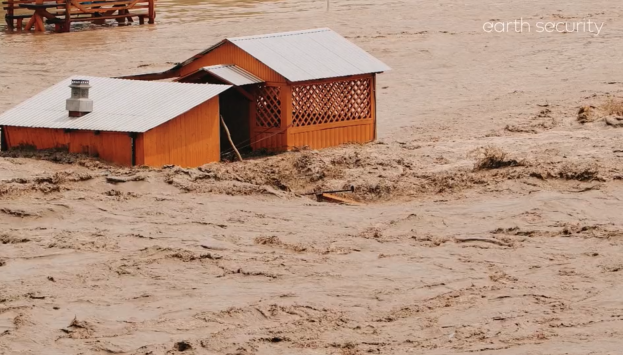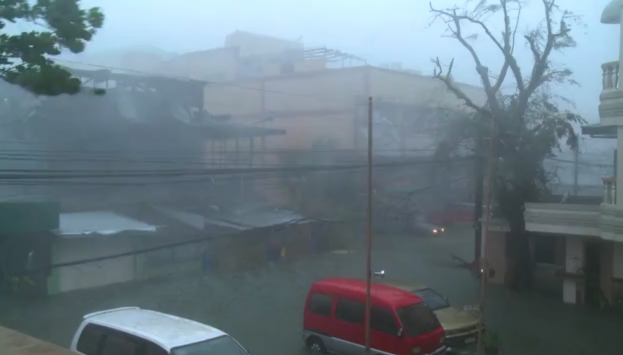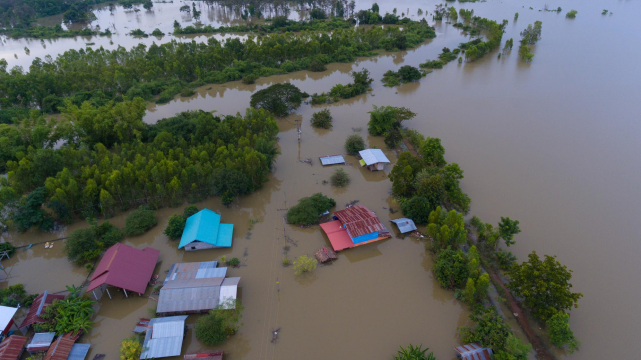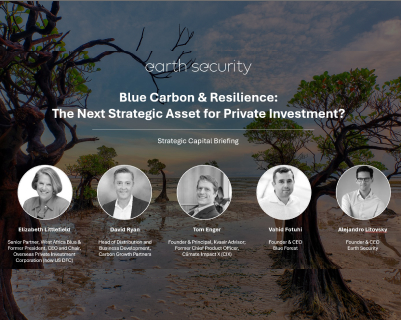On day 8 of the COP26 climate summit in Glasgow, Earth Security was named as a winner of The Global Environment Facility’s prestigious Challenge Program for Adaptation Innovation. Out of 418 submissions, we are part of an elite field of 10 winners, chosen for the opportunities created for the private sector to invest in climate resilience solutions.

On the 8th November, at a ceremony during the COP26 climate summit in Glasgow, Earth Security was named as a winner of The Global Environment Facility’s Challenge Program for Adaptation Innovation. A competition that provides seed funding for innovative initiatives designed to help vulnerable countries cope with the worsening climate crisis.
Earth Security’s winning project will leverage private sector funding for nature-based coastal climate adaptation in a way that can be replicated on a global scale. Our project will design, develop and launch an investment facility that enables global companies to fund nature-based solutions that can increase the climate resilience and adaptation of coastal cities in Least Developed Countries (LDCs), while contributing to the companies own resilience in lowering the climate risk exposure of their operations and supply chains.
Our founder and CEO, Alejandro Litovsky, accepted the prize via video link and said: “Climate change is not waiting and adaptation finance is far from where it should be to help least developed countries to adapt. This innovative mechanism is the type of solution that is needed to facilitate the win-win investments between global private sector and coastal communities, to rapidly increase resources deployed for climate adaptation where they are needed the most.”
A grand total of 418 submissions were received in GEF’s call for proposals, spanning a wide range of fields and sectors - but all aiming to improve access to capital, fintech, and financial services. GEF CEO and Chairperson, Carlos Manuel Rodriguez, says that the strong interest in the competition reflected the potential for the private sector to invest and engage much more in climate resilience solutions, particularly in developing countries where adaptation needs are enormous.
“The toughest environmental challenges in front of us – including how to cope with climate change – require the brightest minds at the table. It is truly encouraging to see this competition draw in so many world-class companies, financial institutions, and technology developers with excellent ideas about how to build more climate-resilient societies, supply chains, food systems, and economies,” Rodriguez said.
Since their inception in 2001, the GEF has provided $2 billion in grant financing and mobilized another $13 billion from other sources to reduce the vulnerability of approximately 60 million people in 118 countries. The Least Developed Countries Fund (LDCF) provides targeted support to LDCs, and the Special Climate Change Fund (SCCF) is focused on innovation that can increase developing countries’ climate resilience at scale, in partnership with the private sector.
The GEF Challenge Program’s 10 winning projects were submitted by BFA Global, BNP Paribas, CropIn, Earth Security, the Grameen Credit Agricole Microfinance Foundation, Heifer International, the International Center for Tropical Agriculture, Winrock International, the World Business Council for Sustainable Development, and the World Resources Institute.
Follow the hashtags #EarthSecurity #LDCF #SCCF #GEFclimate #TogetherForOurPlanet #COP26 to learn more.
Explore the reports
The Earth Security Index Reports provided in-depth analysis of critical themes across selected industries and market geographies, enabling investors to anticipate and respond to emerging global dynamics. Download and explore the full Earth Security Index reports:






